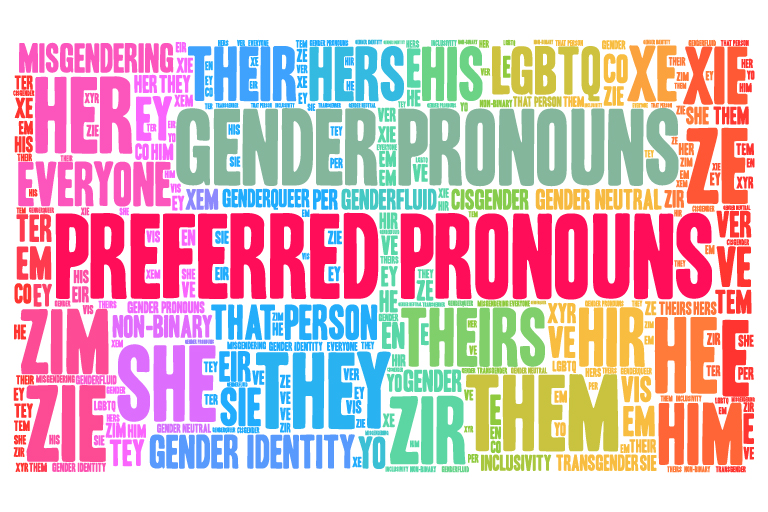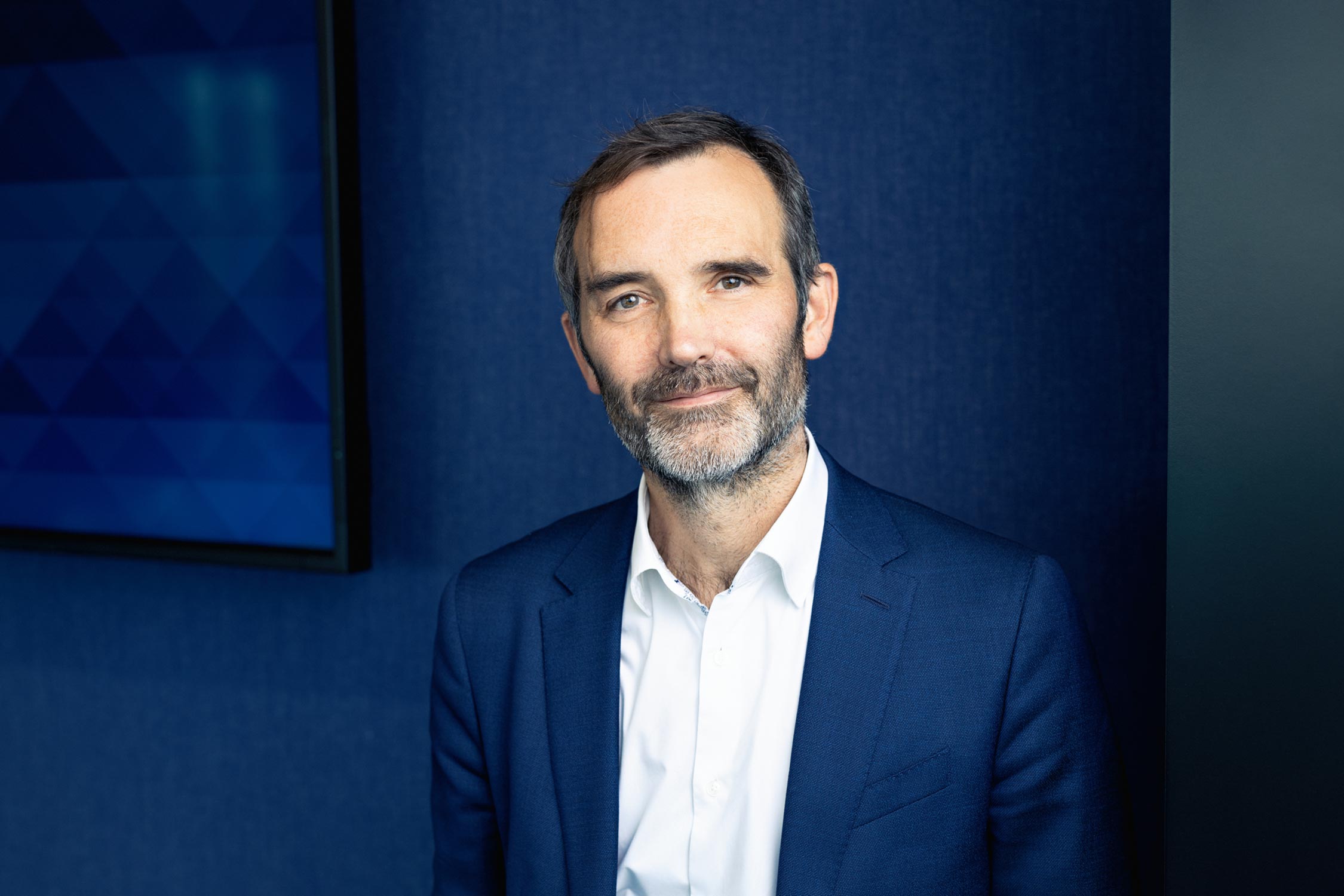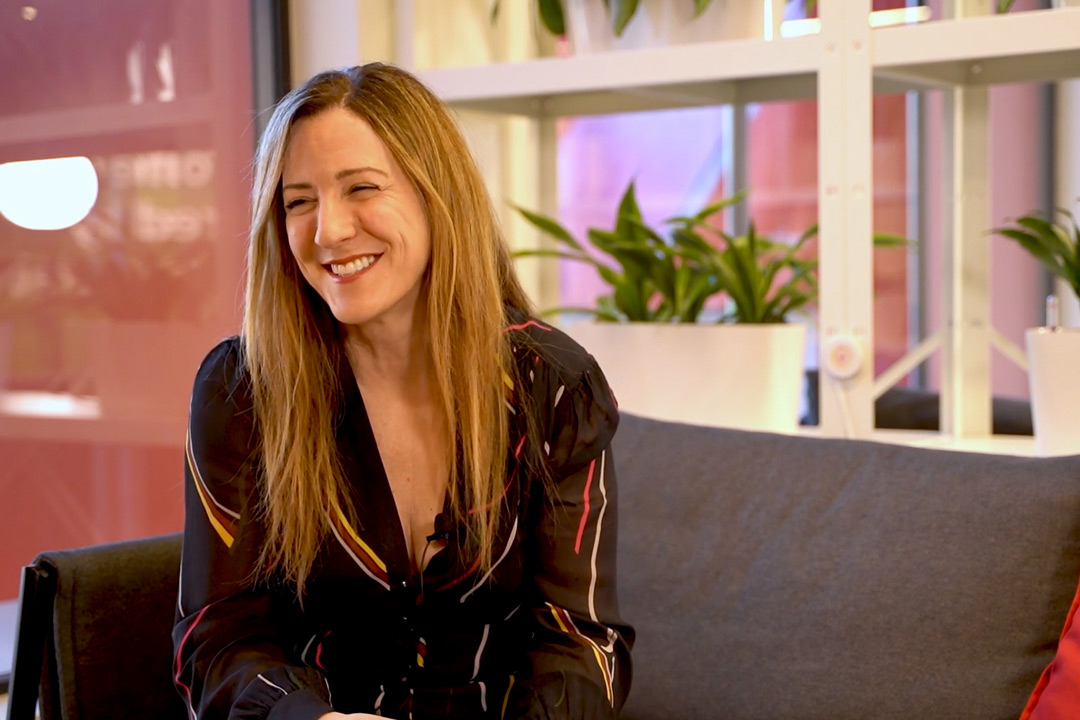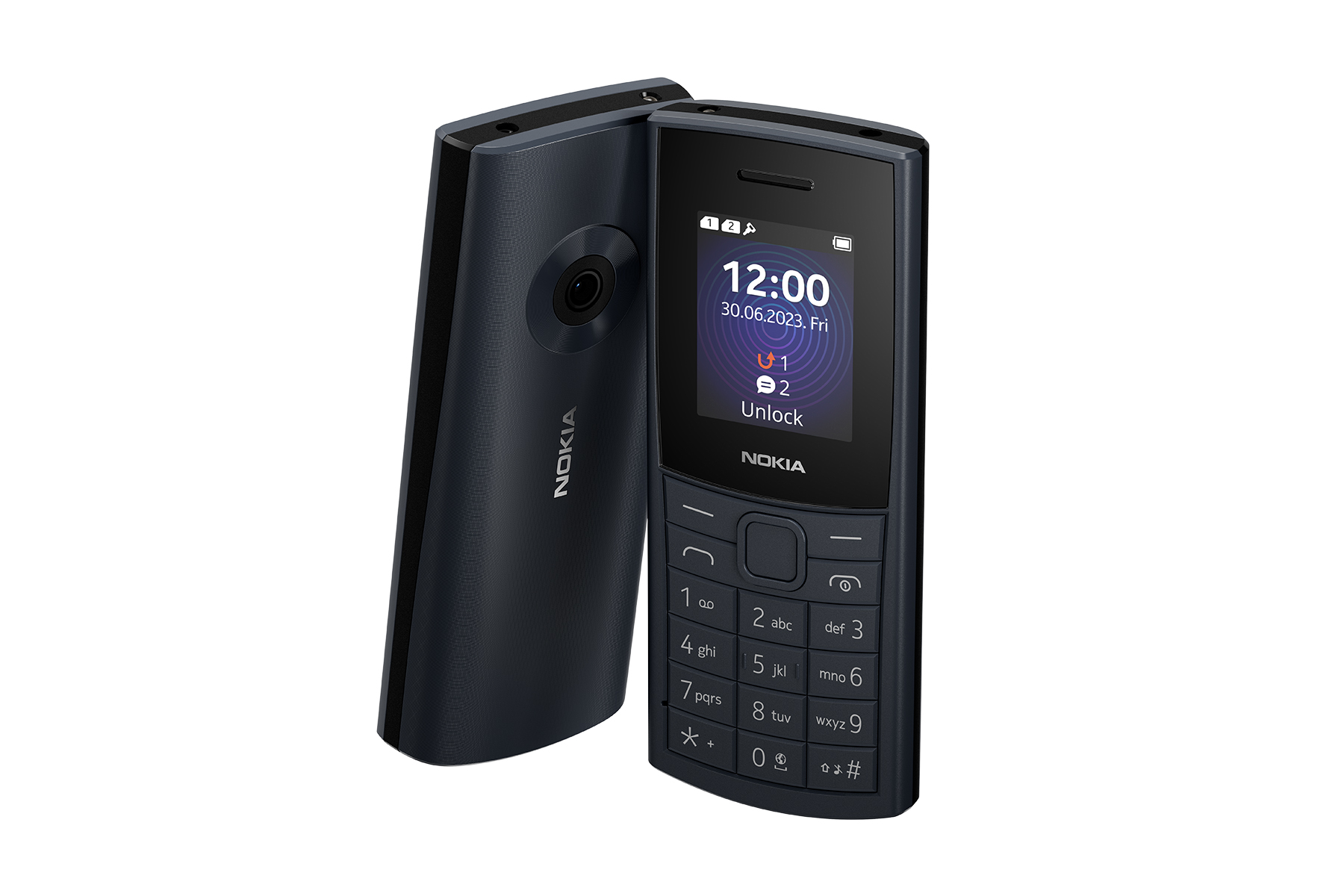For Pride Month, two young people school the grown-ups on all they need to know about personal pronouns.
According to Pew Research, 35% of people aged between 10 and 25 know someone who uses “they/them” pronouns, or something similar. This makes Generation Z the most likely to encounter or use gender-neutral pronouns. It also leaves some parents in a pickle.
Here is what you may come across:
- Jane: she/her (this means that Jane chooses to be referred to as she or her)
- Ben: he/they (this means that Ben chooses to be referred to by either )
- Sidney: they/them (this means that Sidney chooses to be referred to by pronouns that are gender-neutral)
Data from the Family Acceptance Project at San Francisco State University suggests that the way parents react when their children share information about their gender can have a lifelong impact on the child’s mental health.
Consistently using the wrong pronoun with your teen can leave them feeling rejected and hurt
We all want to support our child to be confident about, and true to, themselves. So to mark Pride Month, we’ve asked two members of Gen Z to spell out exactly why personal pronouns matter to them, how to get them right, and what to do if you get them wrong.
How to speak to your child about gender identity
From pronouns to transitioning, here parents and experts discuss the best ways to talk - and listen - when navigating the subject of gender identity with young people.
Q. Are personal pronouns a big part of your day-to-day life?
Poppy, aged 20: “I find that in casual settings, like parties or bars, people rarely introduce their pronouns with their names. But in more formal settings – say a classroom, in which members of a group are introducing themselves to each other for the first time – then people will say ‘my name is X and my pronouns are…’
“I guess, in a way, pronouns are like surnames – everyone has one and you might point yours out explicitly in a formal setting. But if you’re meeting someone casually, you might only correct someone if they accidentally call you the wrong name (as people often will with pronouns).”
Q. Do you feel pressure to get people’s pronouns right?
Mabli, aged 18: “There’s this manufactured narrative that young people are treading on eggshells around each other, but in my experience that’s simply not the case. For me, there’s nothing particularly forced about it, it’s just a matter of listening to your friends and being open to any corrections.
“When you’re close to people, helping them to live in the most authentic and comfortable way possible should be a given, and acknowledging their identity is an intrinsic part of that.”
Q. What if you’e not sure what pronouns someone uses?
Poppy: “Just ask. It’s not really a big deal. People would rather you asked and got it right, than made an assumption and got it wrong.”
Mabli: “Openness when discussing personal identity and preferred pronouns is vital. Conversations like that bring people together – and that’s a rare and brilliant thing.”
Q. And what if you then forget and use the wrong ones?
Poppy: “In my experience, the more open everything is, the better and easier it is for everyone. I’ve forgotten people’s pronouns before and, as I would with a surname, I’ve had to ask: ‘Wait, what are your pronouns again?’
“It’s so easy, and people tend to appreciate you making a space for that, rather than just assuming and getting it wrong out of embarrassment over asking.”
Q. But isn’t ‘they’ just grammatically incorrect?
Mabli: “I understand that it can be jarring for some people, particularly if it contradicts the norms they grew up with, but the argument that ‘they’ and ‘them’ only work grammatically in the collective tense is incorrect. It also exists as a single neuter pronoun, so it can refer to an individual whose gender is unknown.
“An example might be: ‘the last person to withdraw this book from the library tore out the final chapter. They have completely destroyed my enjoyment of the story.’ We use it in conversation all the time.”
Poppy: “For a language to survive, it has to evolve. Think how many new words and meanings we’ve created and added to the dictionary in the last 100 years. And I think you’ve got to ask: Is it more important that you’re using grammar perfectly, or that you’re accepting someone’s identity?
“If perfect grammar means sacrificing someone’s happiness, then I don’t think it’s worth it.”
'Being misgendered feels like wearing shoes on the wrong feet'
At Vodafone UK’s first virtual ‘Partners With Pride’ event in partnership with Accenture and Cisco, LGBTQ+ colleagues advised businesses on how they can foster inclusivity and allyship across their supply chains.
The psychologist’s take
Dr Angharad Rudkin, a clinical psychologist and author who works with children and families, says: “Adolescence is a time of self-reflection and identity development. When your teenager tells you that they would like to be called by a different pronoun, it is important to respect their wishes.
“Just like with their music taste and fashion sense, you don’t necessarily have to agree with their choice, but you do need to respect it. Consistently using the wrong pronoun with your teen can leave them feeling rejected and hurt.
Dr Rudkin argues that personal pronouns are “a choice these days in a way they weren’t a few years ago. Understanding this generational difference is hard for our teens, who have never known any other way. Let them know that you do accept and honour their choice but that occasionally you may use the wrong pronoun, not out of disregard but out of forgetfulness.
“Ask them to be patient and work with you so that you can get it right. You could even make it into a game and have to put a coin in a jar every time you forget to use their preferred pronoun!”
Stay up-to-date with the latest news from Vodafone by following us on Twitter and signing up for News Centre website notifications.

![Young woman waiting for job interview indoors [Adobe Stock] stock image of a young woman waiting for job interview indoors](https://www.vodafone.co.uk/newscentre/app/uploads/2024/06/2-Young-woman-waiting-for-job-interview-indoorsAdobe-Stock.jpg)

![black and white photo of a girl's face with smoke [Adobe Stock] an AI-generated stock image of a girl's face partially covered in smoke](https://www.vodafone.co.uk/newscentre/app/uploads/2024/05/black-and-white-photo-of-a-girls-face-with-smoke-Adobe-Stock.jpg)

![girl smiling confident voting at electoral college [Adobe Stock] stock photo of a girl smiling while confidently voting at a mock election](https://www.vodafone.co.uk/newscentre/app/uploads/2024/05/girl-smiling-confident-voting-at-electoral-college-Adobe-Stock.jpg)




![Portrait of school age boy sitting at kitchen table do not want to eat[Adobe Stock] stock photo of a young boy sitting at a kitchen table, refusing to eat the food in front of him](https://www.vodafone.co.uk/newscentre/app/uploads/2024/03/Portrait-of-school-age-boy-sitting-at-kitchen-table-do-not-want-to-eatAdobe-Stock.jpg)